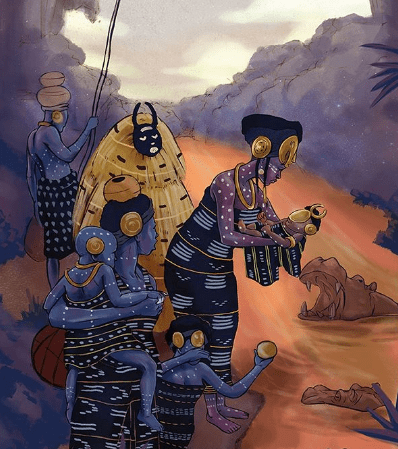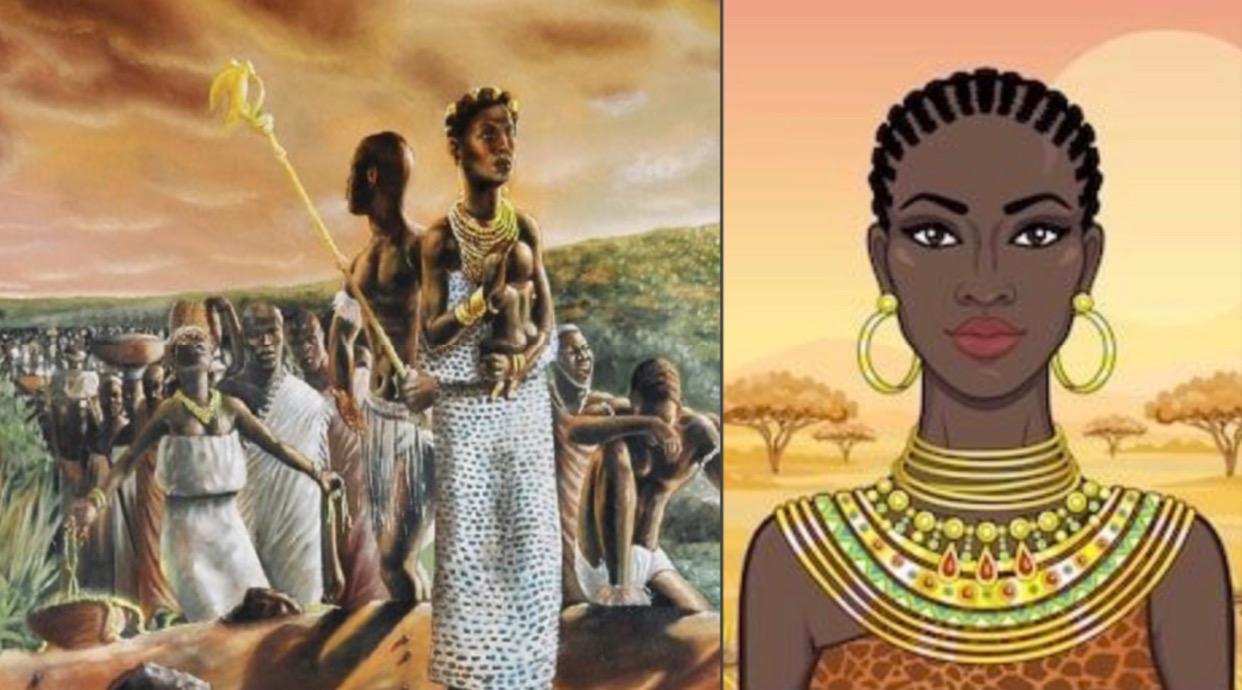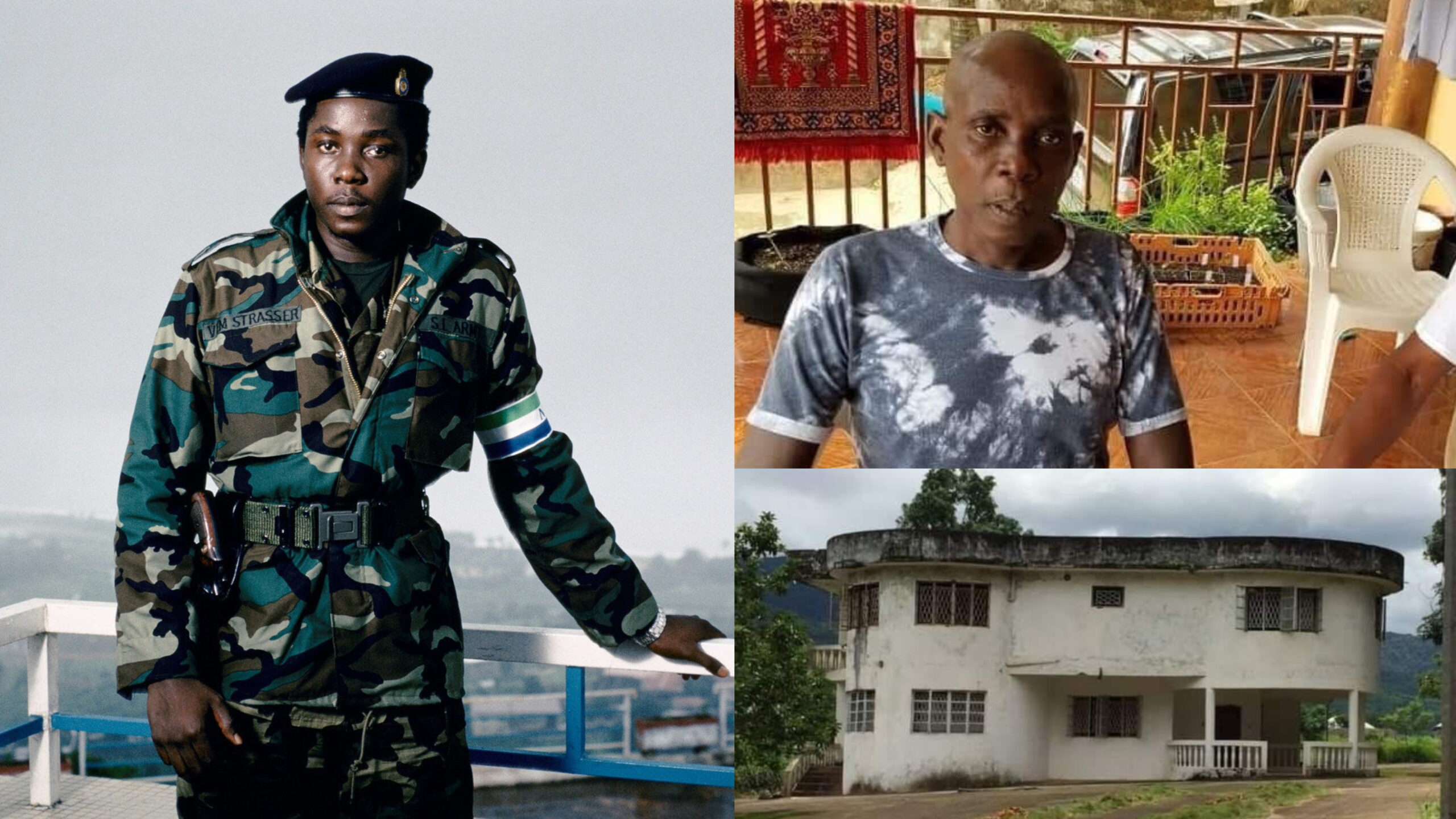Queen Pokou was the queen and founder of the Baoule tribe in West Africa, now Ivory Coast. She is sometimes called Awura, Aura, or Abla Pokou. As the tribe spread westward, she ruled over a branch of the strong Ashanti Empire. The Baoule people, a sub-group of the Akan people, are one of the largest ethnic groups in modern Ivory Coast today.
Queen Pokou was born the princess of Kumasi, Ghana, the daughter of Dakon’s sister Nyakou Kosiamoa, the ill-fated successor of Opoku Ware I, and the niece of Osei Kofi Tutu I, a formidable king who co-founded the Ashanti Kingdom.
Queen Pokou was the head of a breakaway community that she declined to join from the main Ashti Confederacy. Differences between the factions led to war. In a long, hard journey, Pokou led her group westward to the Komoe River. She had to give her only son to cross the river for her people, according to the legend.
Queen Pokou was the head of a breakaway community that she declined to join from the main Ashti Confederacy. Differences between the factions led to war. In a long, hard journey, Pokou led her group westward to the Komoe River. She had to give her only son to cross the river for her people, according to the legend.

The people of Baoule live between the rivers Komoé and Bandama. It represents 15% of the population of the country, with many smaller tribes assimilated over the centuries.
The Baoule people’s founding legend holds that when Pokou and her people arrived on the Komoé River, it was uncrossable. Pokou asked her priest for a guide, and he told her it was needed to sacrifice a noble child to cross a river. Then, Pokou sacrificed her son, throwing the baby into the river.
According to legend, hippopotami emerged after the sacrifice and formed a bridge that Pokou and her people used to cross over to the opposite side of the Komoé. She called out “Ba ouli” once on the other side, or the child is dead.” That is why her descendants are known as the Baoule today.
 The African History Truly African
The African History Truly African

